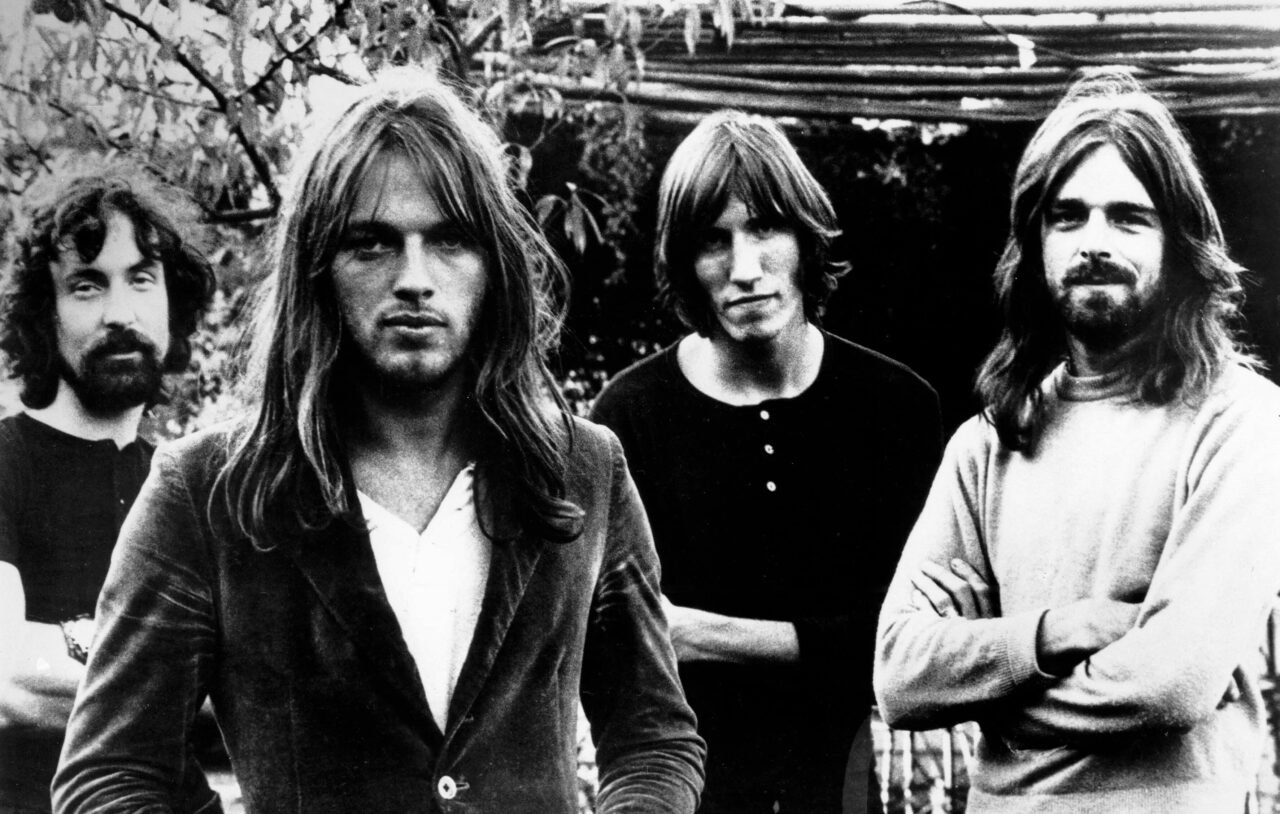Unquestionably positioned as one of the most distinctive and influential bands in the annals of music history, Pink Floyd embarked on a lengthy and dynamic journey throughout their career, traversing a multitude of sonic landscapes. Despite their explorations across diverse musical realms, the band has earned its reputation as a paramount progressive rock ensemble. However, delving into the intricacies of their musical evolution reveals a narrative that diverges significantly from the conventions of their prog-rock counterparts.
Commencing with the blistering psychedelia of their initial phase led by the enigmatic Syd Barrett and concluding with the cerebral ambiance of their ultimate opus, “The Endless River,” Pink Floyd’s creative trajectory stands as one of the most captivating and remarkable arcs in the realm of music. Each band member, attuned to the latest sonic innovations, exhibited an unwavering commitment to honing their craft. This collective dedication facilitated Pink Floyd’s metamorphosis, enabling them to remain relevant in the face of an ever-changing world and zeitgeist. Their evolution, marked by ingenuity and refinement, distances them from the commonplace associations that lazily tether them to other genre forerunners.
Surprisingly, a punk ethos has always lurked within the DNA of Pink Floyd, challenging preconceived notions about their alignment with prog rock. Whether it be the jagged clamor of Syd Barrett’s guitar, the subversive experiments of the late 1960s and 1970s, or Roger Waters’ incisive political commentaries, notably on albums like “The Wall,” the band consistently exuded an authentic edge. Their thematic exploration of earthly matters sharply contrasted with the high fantasy pursuits of their prog counterparts.
Dave Grohl, frontman of the Foo Fighters and a connoisseur of punk, has emphatically identified Pink Floyd’s punkiest track as ‘Have a Cigar’ from the 1974 album “Wish You Were Here.” This choice is not arbitrary; thematically and musically, the song stands out as more assertive and direct than many other compositions in the Pink Floyd repertoire. Its lyrics, addressing the control exerted by corporations over musicians, particularly resonate with a traditional punk ethos. The poignant line, “We call it riding the gravy train,” underscores the notion that despite promises of success and immortality, artists are effectively rendered slaves to the machinations of the powers that be.
The impact of ‘Have a Cigar’ reverberated so profoundly among Pink Floyd enthusiasts that in 2000, Brian May, the legendary guitarist of Queen, collaborated with the Foo Fighters to produce a cover for the soundtrack of “Mission: Impossible 2.” Notably, Taylor Hawkins, the late drummer, assumed vocal duties as Dave Grohl, grappling with forgotten lyrics, seamlessly transitioned to the rhythm section. Grohl’s assertion that they chose the song because it represents “the most punk rock thing Pink Floyd ever did” encapsulates the unconventional yet undeniable punk spirit that lurks within the depths of the band’s repertoire. The ensuing cover versions by May and the Foo Fighters further underscore the enduring resonance of Pink Floyd’s rebellious edge.
